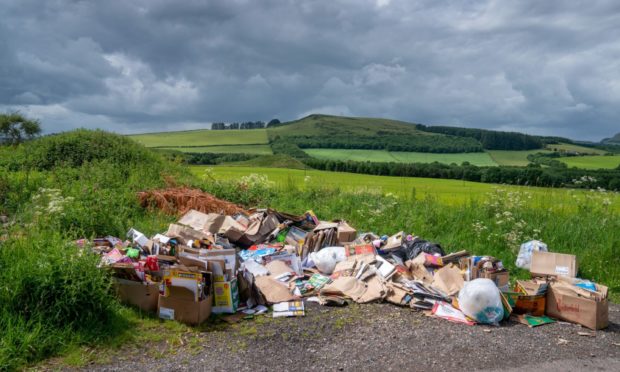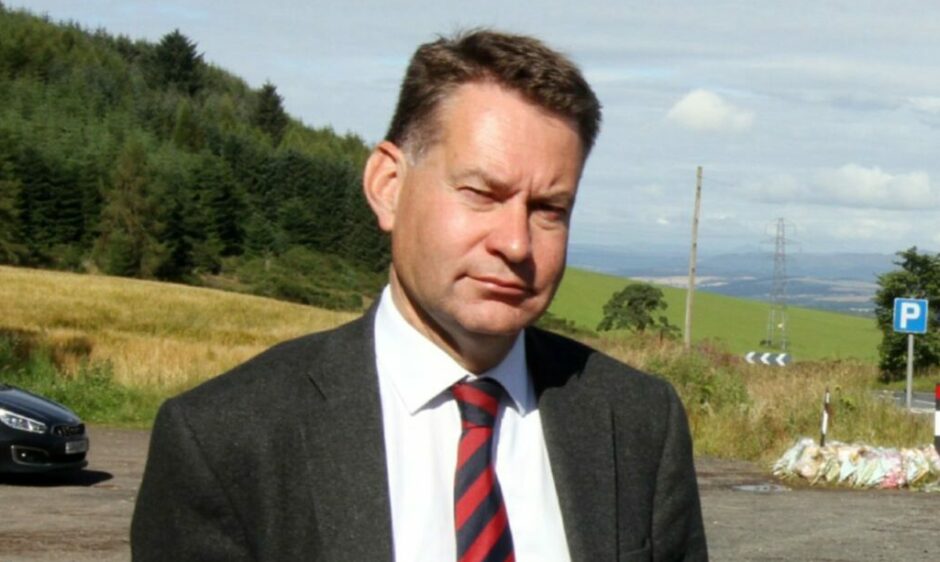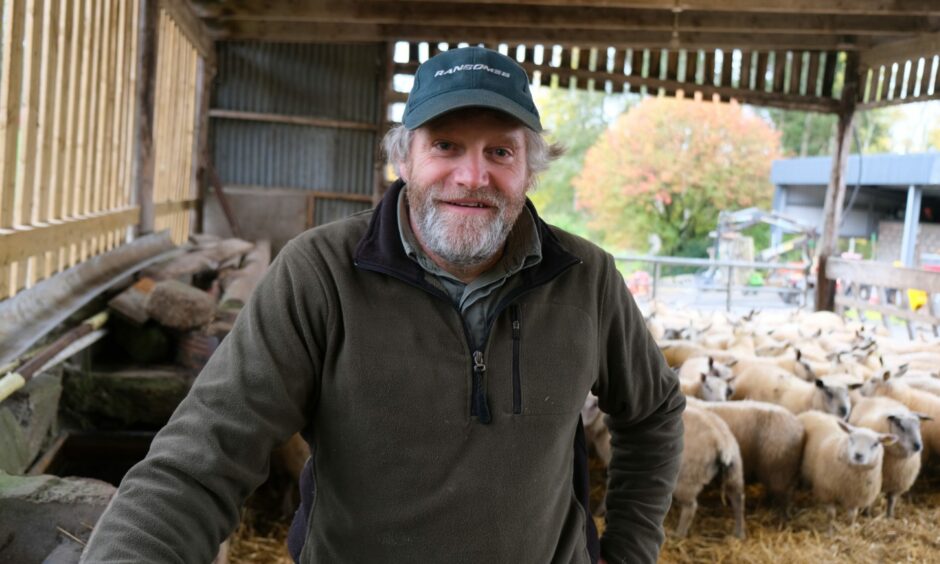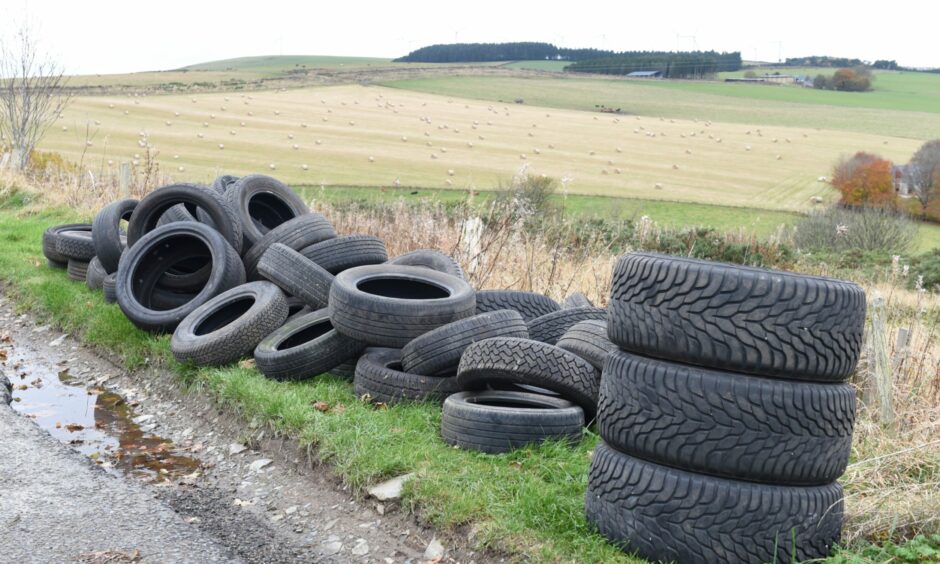The scourge of fly-tipping, which has seen rotting meat, asbestos waste, tyres and increasing loads of household rubbish dumped on farms across Scotland this year, is to be tackled in a Members’ Bill in the Scottish Parliament.
Mid Scotland and Fife MSP Murdo Fraser has started work on a new law which would see increased fines and making offenders liable if they are caught fly-tipping.
His action follows repeated calls by the farmers’ union (NFUS) and Scottish landowners for tougher penalties for offenders.
Mr Fraser, said: “I am focused on changing the law to clamp down on fly-tipping by toughening up fines to act as more of a deterrent, as it is apparent that the current penalties are not working.
“I am also keen to examine how we can shift the liability for cleaning up fly-tipping to the offenders who ditch the waste, instead of the current unfair practice where innocent land owners are accountable, and how to better collect information on fly-tipping.
“Cutting down on the inconsiderate crime of fly-tipping would deliver a huge boost to Scotland’s environment in the year of COP26.”
Farmers have repeatedly pointed out that abandoned and often dangerous waste isn’t just an eyesore, but can cause harm to livestock, crops, nature and wildlife.
NFUS president Martin Kennedy said: “Fly-tipping is a permanent scar on our natural environment. Despite recycling centres re-opening, fly-tipping and illegal dumping incidents are still being recorded daily by NFU Scotland members and are a continuous blight on rural Scotland.
“Farmers are most often left to foot the bill for disposal – that is fundamentally unfair and must change.”
Scottish Land & Estates (SLE) chief executive, Sarah-Jane Laing, said: “Better reporting channels, correlation of national reporting, stronger penalties and shifting liability from the affected landowners to the source of the waste are all crucial to effectively tackling fly-tipping.
“We welcome Mr Fraser’s intention to introduce a Members’ Bill as it is clear current sanctions are not acting as a deterrent and need strengthened.”
Key stakeholders including the Scottish Government, Zero Waste Scotland, SEPA, local authorities and national parks also met this week to discuss ways of targeting the problem.



